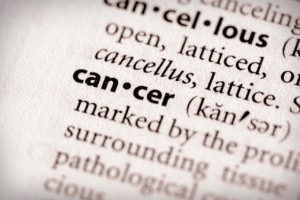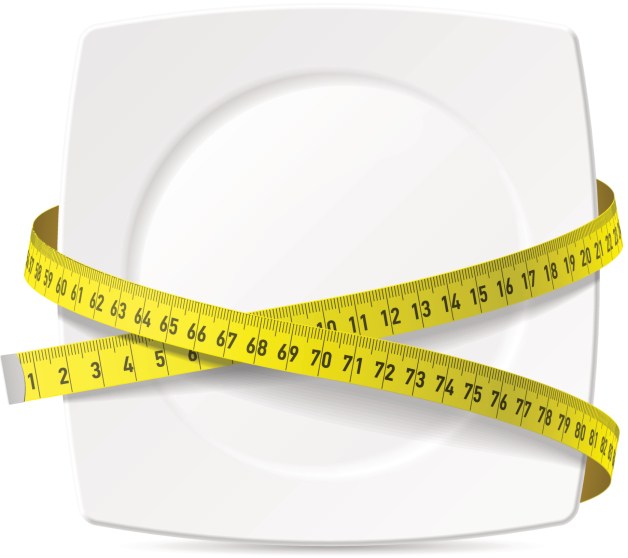10 Healthy Tips for Weight Loss
Your body weight reflects your total calorie consumption, your exercise and your metabolic rate. The composition of the food you consume plays an important role in determining your body fat. Here are some important tips to reduce your excess fat.
1. Reduce carbohydrates. It's almost impossible to reduce weight without reducing your consumption of carbohydrates, particularly with a high glycemic load (GL). Consumption of high-GL carbohydrates leads to a desire for more carbohydrates. Low carbohydrate food will control your appetite and you'll feel full sooner. Avoid consuming a lot of sugary foods, pastas, and breads.
2. Reduce fats. Reduce fatty foods because high-fat foods can increase your weight. You can consume 9 calories per gram versus 4 for carbohydrates and protein.
3. Prefer veggies. Choose low caloric foods preferably low-starch vegetables, which have a low glycemic index and are rich in valuable nutrients.
4. Eat fiber. Consume at least 25 grams fiber per day, including 10 grams of insoluble fiber.
5. Don't switch foods radically. While dieting, you should associate yourself with the benefit of weight loss and learn proper eating habits and should change their tastes, desires and attitudes. After reducing your weight, you shouldn't change your foods again but follow proper eating habits.
6. Don't just prefer weight loss as your goal. If you follow a healthy lifestyle, you can succeed in improving both your health attaining weight loss. It may take a few months to associate yourself with attaining healthy weight and eating but you can be sure that you will never need to lose weight again.
7. One of the major reasons people stop their weight-loss programs is when they reach weight-loss plateau. Your blood-vessel expansion due to exercise might temporarily stop weight loss and you may continue lose body fat without shedding your pounds. Remember that your goal is to reduce your body fat and don't be discouraged by slow shifts in weight.
8. Don't rush to reduce weight. The most important issues in weight loss is recidivism. Most people end up gaining their body fat again once they stop their diet. Ghrelin hormone, secreted in the stomach may explain a little about this problem because it stimulates appetite and slows down metabolism at the same time. This contributes to increase in fat storage.
The level of this hormone becomes high before each meal and drops once you are full. Studies indicate that when ghrelin injections are given, people become extremely hungry and eat more. Ghrelin levels also increase after a period of weight loss. Slow weight loss does not cause the same spike in ghrelin levels. Setting your daily caloric level to match your target weight's maintenance level is the best way to lose weight once and to keep it off.
9. Do exercise. Physical activities are very important for burning calories and increasing your metabolic level even when you don't exercise. Burning at least 300 calories daily would be good.
10. Increase your metabolic rate. A primary factor in determining your metabolic rate is the number of mitochondria in cells. The more you have, the more energy you will burn and you will be leaner. Unfortunately, we cannot simply take a mitochondria supplement but if you build muscle cells from a regular exercise program, mitochondria will increase thereby permanently raising your metabolic rate, even when you are not exercising.
-
Why Sleep is Important for Weight Loss
I have never taken any exercise except sleeping and resting.―Mar
-
Fat Loss The Lifestyle
Losing fat is something that everybody wants to do, yet there are only
-
A Few Yoga Asanas For Weight Loss
Losing unwanted, extra pounds as well as achieving plentiful exercise
-
Four Hidden Health Conditions that May Be Affecting Your Ability to Lose Weight
There are a number of health conditions and even medications that can
-
Programs And Techniques For Trying To Keep Proper Workouts
Everybody thinks about losing weight. I
-
7 Tricks To Jump-Start Your Weight Loss
- DON'T MISS
- How Many Workouts to Burn Fat
- A Scientifically Proven Strategy To Break Bad Habits
- Lose Belly Fat Fast With HIIT Cardio
- Weight Loss Machine, Weight Loss Recipes
- Want To Find Out If You Have Bad Posture And What That Means?
- Can Improper Clothing Lead To Cellulite?
- Top Weight Loss Tricks - Beginners Weight Loss Exercises
- Weight Loss Techniques You Can Try
- Weight Loss Programs For Women To Lose Extra Flab
- Lose Weight Easily on a Low Calorie Diet




